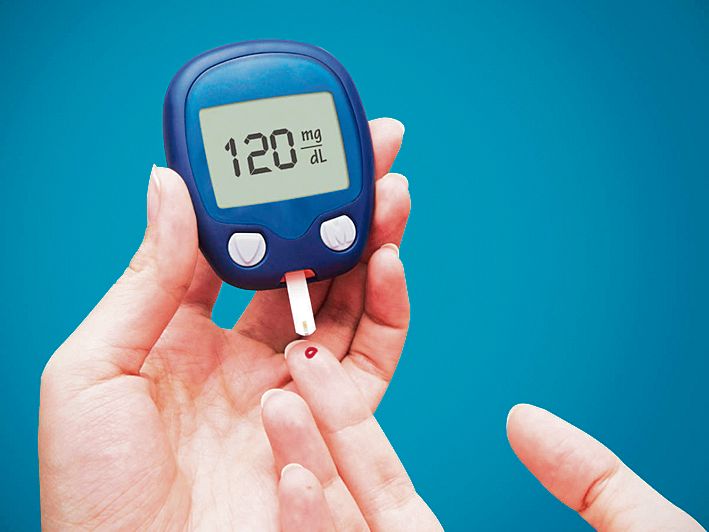
On an average, the patients’sugar level went up by 30 per cent.
Ravinder Saini
Tribune News Service
Rohtak, November 29
A study conducted by the PGIMS here has revealed that the Covid pandemic adversely affected the health of type-1 diabetic patients during lockdown. On an average, the patients’sugar level went up by 30 per cent and the HbA1c (three-month average blood sugar) level hiked by 14 per cent, indicating poor glycemic (presence of glucose in blood) control.
The reasons were low availability of insulin/glucostrips, poor compliance with the recommended diet and decreased physical activity in the lockdown period.
Insulin shortage
Rohtak PGIMS study attributes the poor glycemic control to low availability of insulin/glucostrips, poor compliance with the recommended diet and decreased physical activity during the lockdown period.
The research was conducted by Dr Anjali, Assistant Professor at the Pt Bhagwat Dayal Sharma University of Health Sciences (UHS) here, on 52 patients of type-1 diabetes. As many as 27 patients were below 10 years, 19 between 11 and 20 years and six between 21 and 30 years.
The study aimed at ascertaining the impact of the lockdown (March 25 to May 31) on the patients’ glycemic control. Their post-lockdown health condition was compared with their follow-ups before the lockdown.
Type-1diabetes, a chronic condition in which the pancreas produces little or no insulin, usually appears during adolescence. Its patients need regular treatment to maintain normal blood sugar levels through insulin therapy, diet and exercise, said Dr Sanjeev Nanda, Head, Pediatric Department, UHS.
“The main reason behind the rising level of sugar was the low availability of insulin/glucostrips due to restrictions in transportation,” Dr Anjali said.
During the lockdown, children were at home with their non-diabetic peers and other family members, leading to poor compliance with the recommended diet, she said.
“The break from school resulted in a longer screen time and decrease in physical activity for children, causing poor glycemic control,” Dr Anjali added.
Join Whatsapp Channel of The Tribune for latest updates.



























